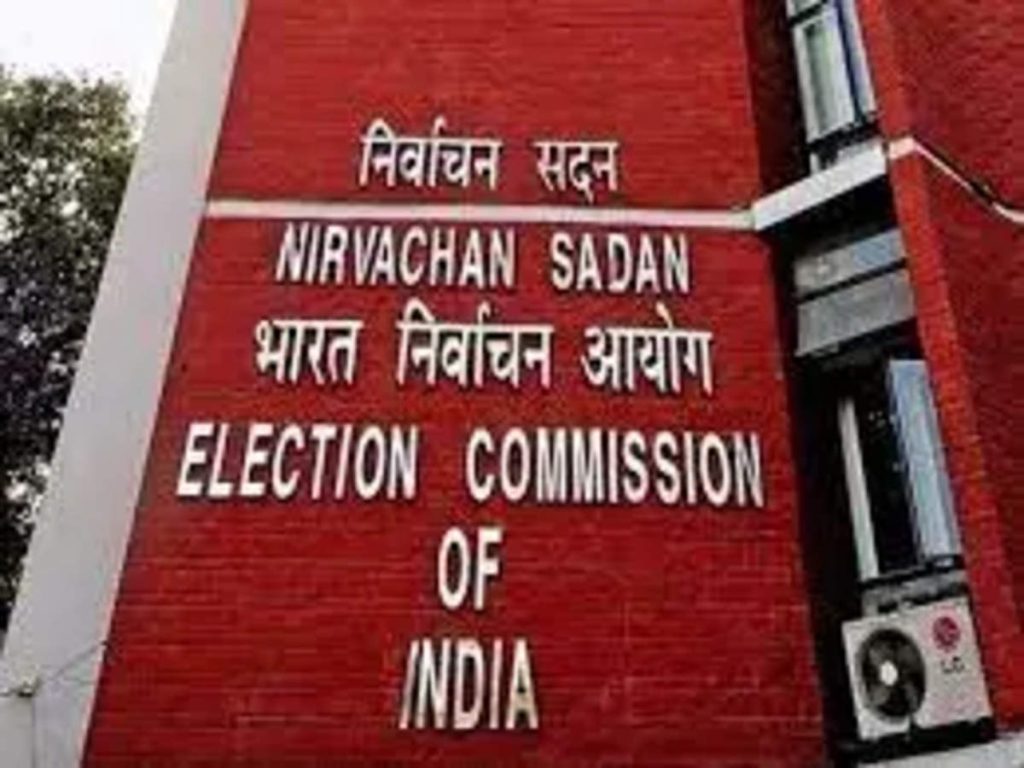Context
The Election Commission of India has revised rules for allocating common symbols to Registered and Unregistered Political Parties (RUPPs).
About Registered and Unregistered Political Parties (RUPPs)
- A newly registered party, a political group that has not attained a certain vote percentage or general elections to be recognised as a state/national party, or one that has not contested elections since its registration, are considered RUPPs.
- They don’t enjoy all the benefits extended to recognised parties.
RUPPs Criteria to Gain Symbol
- The ECI announced that RUPPs which have submitted their contribution reports and audited annual accounts for the past three financial years, as well as election expenditure statements for their last two contested elections, will be eligible for ‘concession of common symbol allotment’.
Criteria for Registration of Political Parties
- As per the Election Commission, any party seeking registration has to submit an application within a period of 30 days following the date of its formation.
These powers are conferred upon it by Article 324 of the Constitution and Section 29A of the Representation of the People Act, 1951.
- RPA, 1951 does not provide a mechanism for de-registration of a political party.
Procedure of Recognition of Political Party

Process of Symbol Allotment
The Election Commission of India (ECI) is responsible for the allotment of symbols.
- This is done under The Election Symbols (Reservation and Allotment) Order, 1968, which is meant “to provide for specification, reservation, choice and allotment of symbols at elections in Parliamentary and Assembly Constituencies, for the recognition of political parties.
- Symbols can be either reserved, meaning they are exclusive to a recognised political party (having garnered a minimum amount of votes or seats at the national or state level elections), or ‘free’.
- Recognised national and state parties get exclusive symbols.
- The EC publishes lists specifying the parties and their symbols through a notification in the Gazette of India.
- Unrecognised registered parties’ candidates, for instance, can choose from free, non-exclusive symbols.
- These parties are newly registered or have not secured enough percentage of votes in the Assembly or General elections to fulfil the prescribed criteria to become a state party.
- After being selected by parties, in subsequent elections, these symbols are declared free again for others to choose.
Unrecognised Parties Symbol Allotment:
- For unregistered parties, they are supposed to give the names of ten symbols, in order of preference, out of the list of free symbols notified by the commission.
- The 1968 order also states, a party may, if it so desires, also propose three new symbols of their choice, with the names and clear design and drawings of symbol, in the order of preference.
- Which the Commission may consider for allotment as its common symbol if there is, in its opinion, no objection in allotting such symbol.
- Symbols proposed by the parties should have no resemblance to the existing reserved symbols or free symbols, or any religious or communal connotation, or depict any bird or animal.

